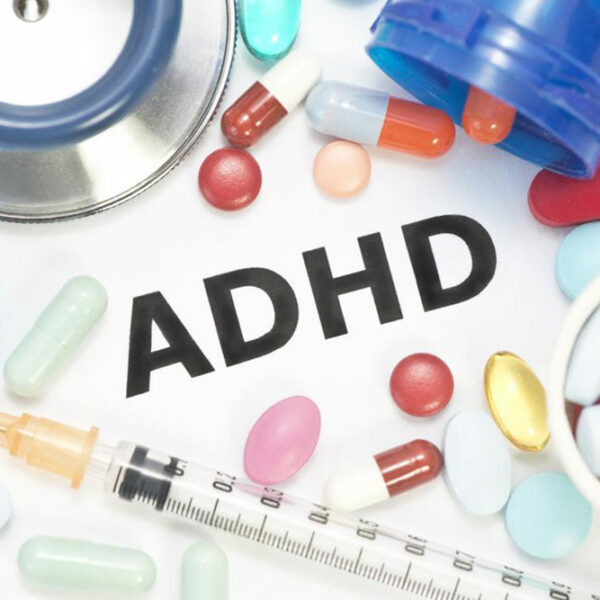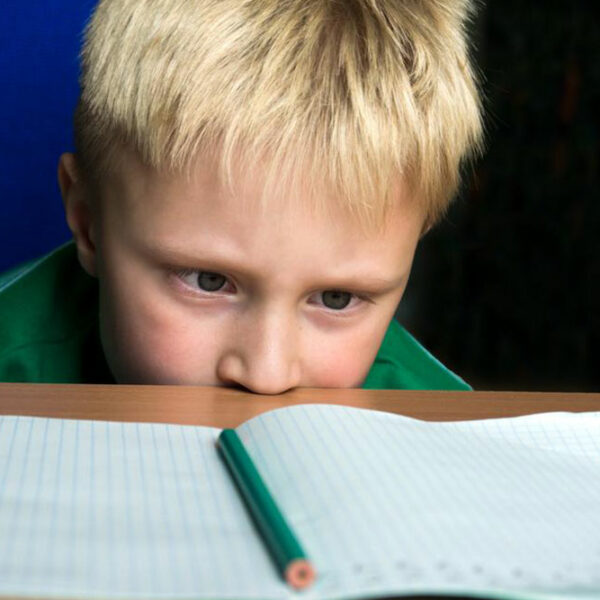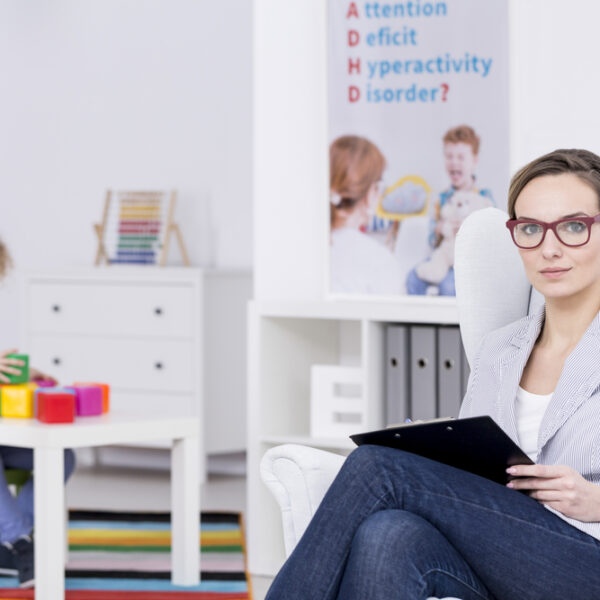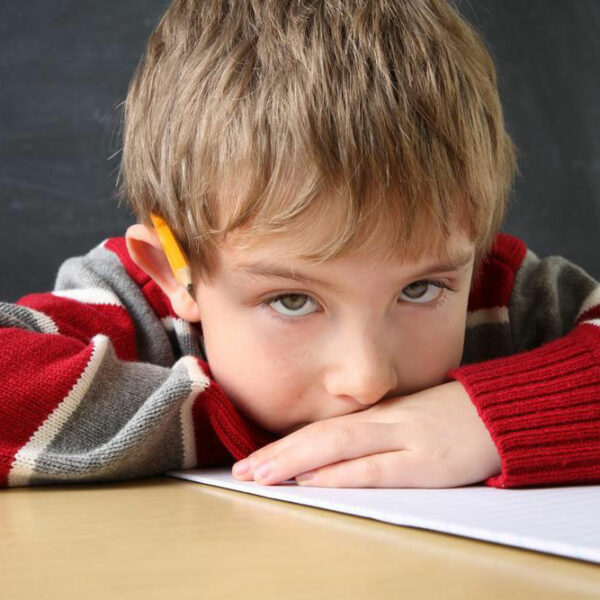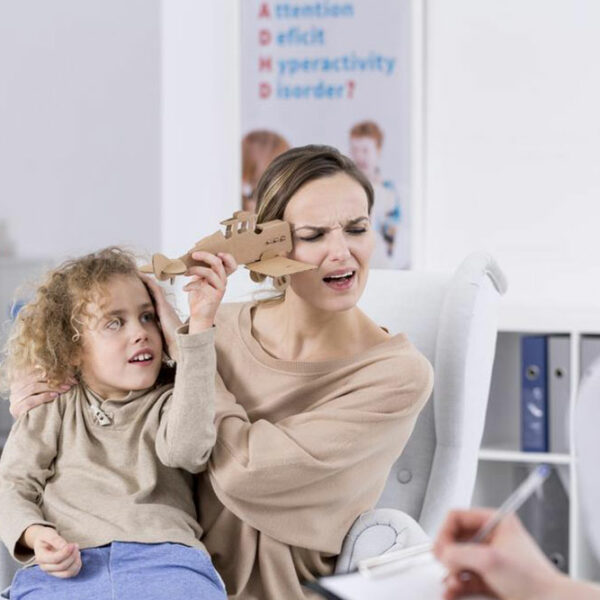
How to deal with children suffering from ADHD
Child ADHD As a parent, have you noticed that your kid is lacking attention and seems to be living in a world of his own? Did you also notice that your child often appear to be distracted and his answers are vague and not forthcoming? These are some of the common traits that a child experiences at some point of time and these symptoms usually go away as they age. However, if these symptoms persist and appear to get worse then consult your physician immediately as you child might have ADHD – Attention Deficit Hyperactivity Disorder. Let us look at it in depth. Symptoms of ADHD in a child: The symptoms of ADHD in kids may include Constant motion Interrupts others repeatedly Gets easily distracted Does not finish the activities he/she started Talks in an unnatural way Does not listen attentively If you feel that your child is having these symptoms for a long duration, then it would be safe to get medical help. There is no specific diagnosis for child ADHD. However, your doctor or the psychiatrist can look at the work environment of the child and his behavior at school to judge the nature of the patterns. The doctor can also take a medical exam of your child, and in some cases, can give him/her a non-invasive brain scan.
